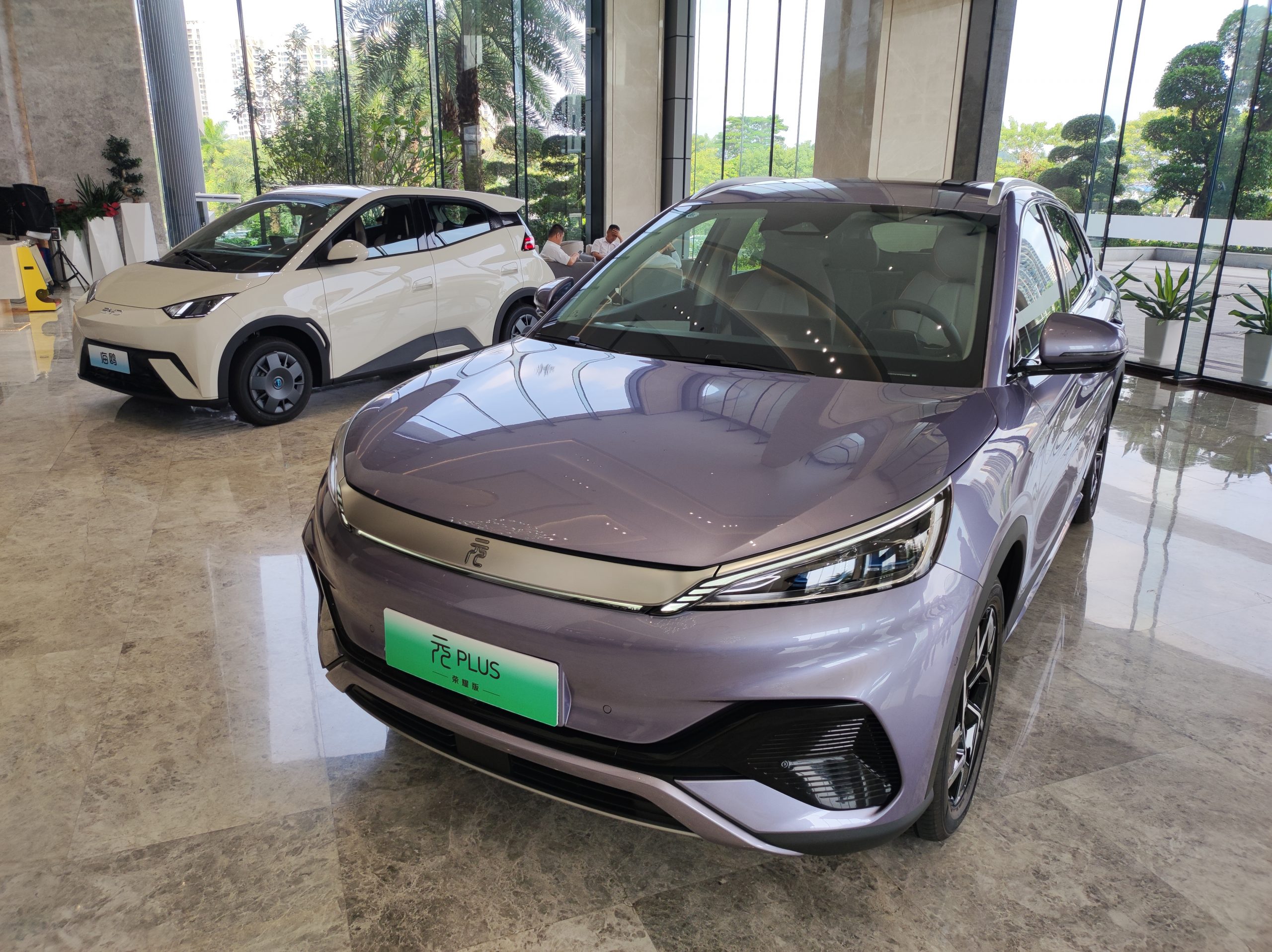
The sales of diesel cars rose by 27.8 percent in Hungary.Continue reading

According to a survey conducted at the end of last year by the Stuttgart-based Horváth consulting group, 61% of Hungarian drivers are open to buying an electric car the next time they purchase one. Furthermore, 18% of those surveyed considered it highly likely that their next car would be fully electric, Villanyautosok.hu reports.
The latter figure definitely indicates significant growth, as this mode of transport currently accounts for only seven percent of new car sales. The article points out that most people are able to overcome their aversion to new technology when it begins to appear in their immediate environment. Those who see their neighbors or colleagues happily using their electric cars on a daily basis are likely to change their minds, or at least become less dismissive of the new technology. In recent years, green license plates have become an increasingly common sight on Hungarian roads, hence many people now have first-hand information about electric mobility.
According to the survey conducted in 13 countries at the end of 2024, the majority of Hungarian motorists, or more precisely 61%, are at least open to the idea of their next car being purely electric, while 18% are seriously considering choosing a battery electric car for their next purchase.
The proportion of those who categorically reject electric cars is only 12%, which is lower than the European average (21%).
The survey found that younger car owners and those planning to buy a car in the near future are more open to electric powertrains than average.
The representative survey also reveals that the main motivating factors for Hungarian car owners when considering the purchase of an electric car are sustainability (27%) and fuel cost savings (24%). Government subsidies are important to only 9% of respondents, with the driving experience carrying even more weight. This may be explained by the fact that the last call for applications for private individuals was in 2021, and the recently expired corporate subsidy was only a realistic option for a small group.
Although there is no specific data for Hungary, the survey shows that
most users (around 70%) expect an electric car to have a range of at least 400 km and be able to recharge enough energy for at least 300 km in 20 minutes.
If a model can meet these expectations and is also affordable, market success is almost guaranteed.
When people were asked which mode of transport was the most environmentally friendly, the majority (42%) put traditional cars in first place, while electric cars were mentioned by 32%, and plug-in hybrids by only 24% of those surveyed.
The survey also showed that
Hungarians are the most open to Chinese brands in Europe, with 69% of respondents considering buying a Chinese car, compared to the European average of 50%.
The vast majority of these people are interested in BYD, with other brands lagging far behind because they are barely known to the public. The data shows that most Chinese car manufacturers still lag far behind well-established brands in terms of both acceptance and awareness. However, this gap is narrowing year by year, the article concludes.
The BYD plant in Szeged will cost around $4.5 billion and is expected to produce 200,000 vehicles per year from the end of 2025. Total production is planned to be much higher, at 350,000 units, Világgazdaság reported. BYD is being held back by high tariffs on the U.S. market and faces a 17% import duty in Europe. This has prompted the company to invest in local factories, such as the one in Hungary. The Chinese car manufacturer will also start building a facility in Turkey in the coming years.
Furthermore, several Chinese companies are investing in Hungary, such as battery giant CATL, the world’s largest manufacturer of electric car batteries. The company is building a $7.6 billion factory in Debrecen (eastern Hungary), with the aim of strengthening its position in the continent’s battery industry.
Via Villanyautosok.hu, Világgazdaság, Autonews; Featured photo via Hungary Today